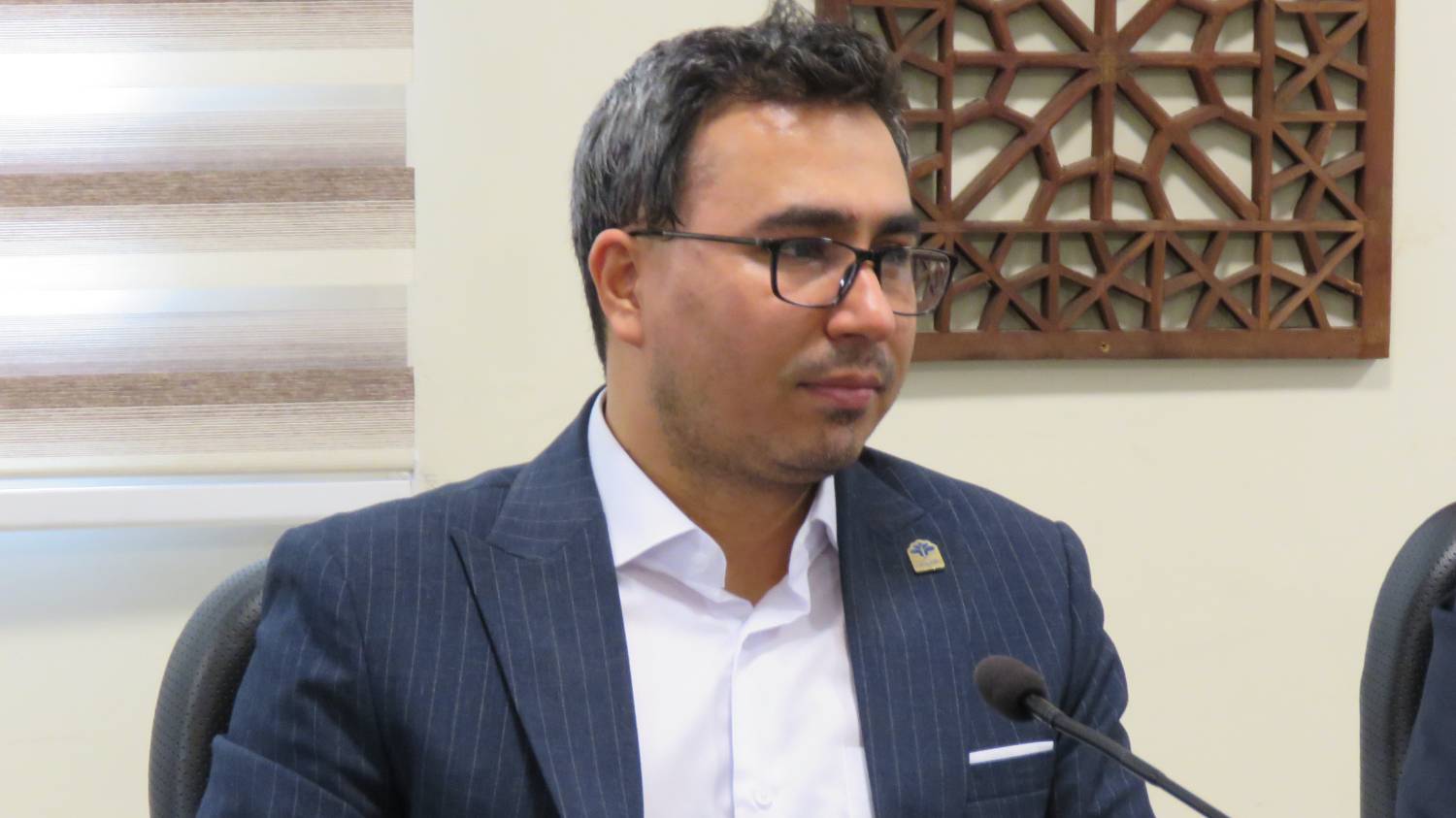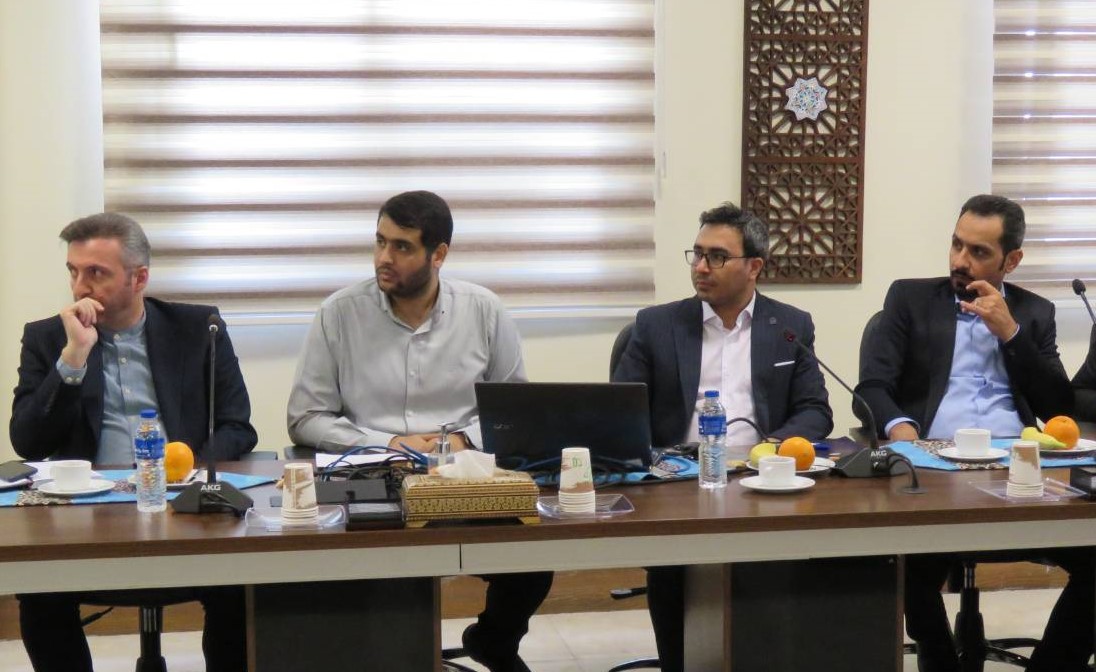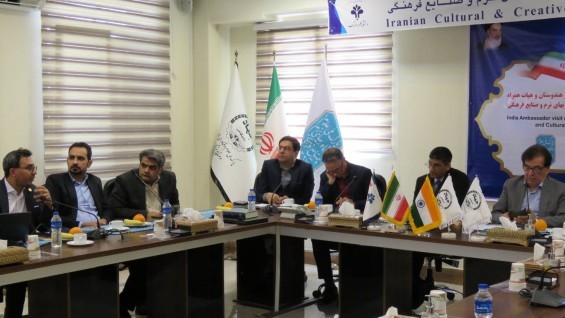Indian Ambassador: Interested in Indian Students Studying at University of Science and Culture
Rudra Gaurav Shresth, the Ambassador of India to Iran, and Balram Shukla, the Head of the Cultural Center of the Indian Embassy, visited the National Park of Soft Sciences and Cultural Industries. They discussed enhancing academic and cultural collaboration during a meeting with Dr. Ali Saadollah, the Vice President for Research and Technology and the Director of the Office of International Cooperation at the University of Science and Culture.
University of Science and Culture Ready to Expand Scientific, Educational, and Research Cooperation
Dr. Ali Sadollah -Vice President for Research and Technology and Director of the Office of International Cooperation at the University of Science and Culture- provided an overview of the university’s international activities, stating, "In recent years, we have seen significant interest in admitting international students and developing scientific and research collaborations with countries such as Austria, Malaysia, Turkey, and others."
He added, "Diversifying the nationalities of international students and creating new communication networks with regional countries, especially those with which we have historical and scientific ties, are among the university's future plans in the international arena."
Dr. Saadollah emphasized the importance of this meeting, noting, "We are fully prepared to engage in comprehensive cooperation with Indian universities in agreed-upon areas, and we welcome the suggestions of the Indian Embassy in this regard."

Historical Ties Between Iran and India
During the meeting, Balram Shukla highlighted the longstanding cultural relations between Iran and India, stating, "The cultural relations between Iran and India are historical and even predate recorded history. Our ancestors always had cultural exchanges."
He continued, "Unfortunately, today the dialogues have decreased, and without ongoing discussions and negotiations, progress cannot be made."
Shukla expressed admiration for Iran, saying, "We see Iran as a dreamland, but we are not very aware of the path it is taking in terms of technology and advancement."
Referring to the embassy's relationships with Iranian universities and academies, Shukla said, "Iran and India share many cultural aspects, such as poetry, architecture, and the Persian language. I am ready to seriously pursue and implement the development of joint cooperation."
Interest in Indian Students and Enhanced Startup Collaboration
The Indian Ambassador, noting the number of international students at the University of Science and Culture, expressed his interest in having Indian students, particularly in creative industries and engineering fields, study at the university. He also emphasized the need for increased interaction between Iranian and Indian startups.

Highlighting the capabilities of the Academic Jihad organization and the University of Science and Culture, the Ambassador mentioned, "There is potential for offering short-term specialized scholarships as well as scholarships for doctoral and master's degree programs. If introduced by the university, these individuals can receive scholarships to study at various institutions in India."
In conclusion, the Indian Ambassador stressed that the topics discussed in this meeting are important and impactful for both countries, and a working group will follow up on these issues.

